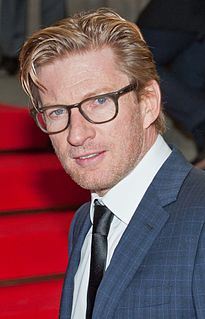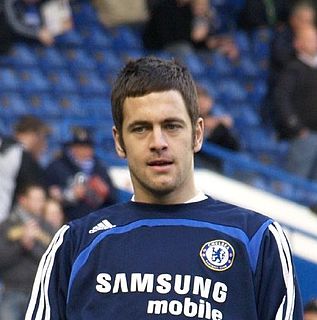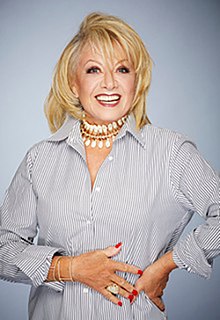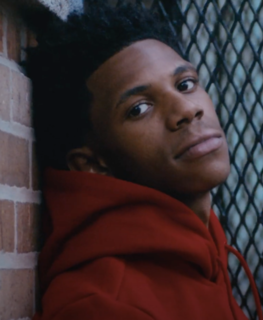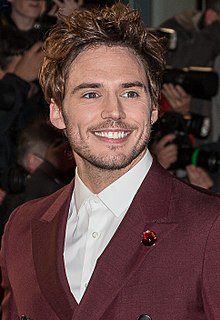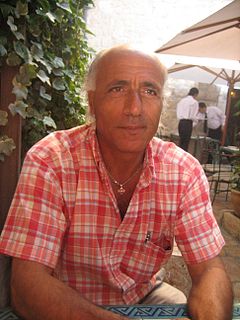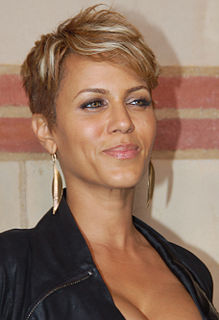A Quote by David Wenham
I was 11 when a teacher suggested to my parents that they should send me to drama classes to curb my disruptive ways in the classroom. The next Saturday I was acting, and thereafter it became a ritual of my youth to see a show at the Belvoir on Sundays and, if I was lucky, another at the Opera House on Monday after school.
Related Quotes
Well I was about to be expelled from school, I had been arrested and a teacher said: "Why don't you try acting, instead of distracting the class? Why don't you use your comic talent for something more productive?" My maths teacher suggested I do comedy and I decided to have a go. I pursued it after that. I was about 17.
I had a brilliant drama teacher while I was at Roland Park: Ann Mainolfi. But the school was mostly rich in academics. It wasn't like I was prepping myself for a life in acting. There, you prepped yourself to have a stable future. The school's piece de resistance is college prep - it didn't teach you how to audition for a TV show.
